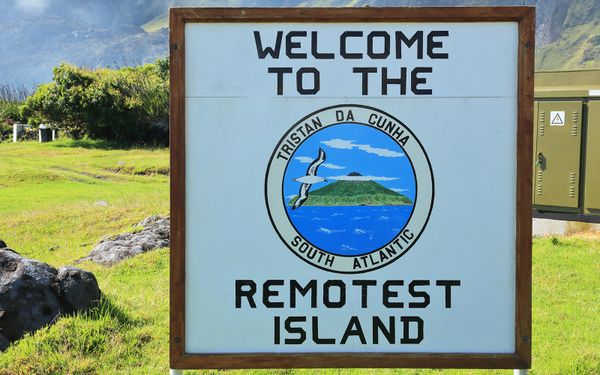In 2008, newspapers announced the discovery of a previously unknown group of humans in the Brazilian Amazon rainforest, illustrated by startling photos of stone-age warriors aiming arrows at an aircraft overhead. "The Amazon tribe that hid from the rest of the world-until now," one British newspaper, The Independent, breathlessly proclaimed [source: Howden]. As it turned out, that wasn't exactly true; the Brazilian government had known about the reclusive tribe's existence for nearly a century, though in recent years, officials had avoided contact to protect them from civilization's diseases [source: Lloyd]. The Indian expert Jose Carlos dos Reis Meirelles, who led officials on the search for the tribe, later revealed that he had been following them from a distance for two decades [source: Downey].
It wasn't the first time that someone had emerged from the jungle with a tale of encountering a lost tribe. In 1977, a French doctor claimed to have discovered a lost tribe in the Peruvian Amazon whose members wore nothing but loincloths and jewelry, forced prisoners to work in a gold mine, and occasionally performed grisly, heart-ripping human sacrifices [source: UPI]. Alas, that story apparently wasn't true, either.
Advertisement
Nevertheless, we can't help but wonder: Are there still undiscovered humans in remote parts of the world -- people who have somehow have managed to elude both the curiosity and frequently murderous urges of their more technologically- and socially-advanced kin?
We probably shouldn't get our hopes up. Experts say that with civilization caving away the remaining tropical rainforests at an alarming rate and with the increasingly sophisticated technologies available to detect a human presence in the wild, it seems increasingly unlikely that a bona-fide lost tribe is still out there. But again, we can't rule it out completely because there still are places like the Brazilian state of Amapa, where 70 percent of the territory is unexplored forests [source: Green Street Scene]. And, if there really are undiscovered people, we wouldn't know they were out there, now would we?
Find out more about what it means for a people to be "undiscovered" on the next page.
Advertisement

